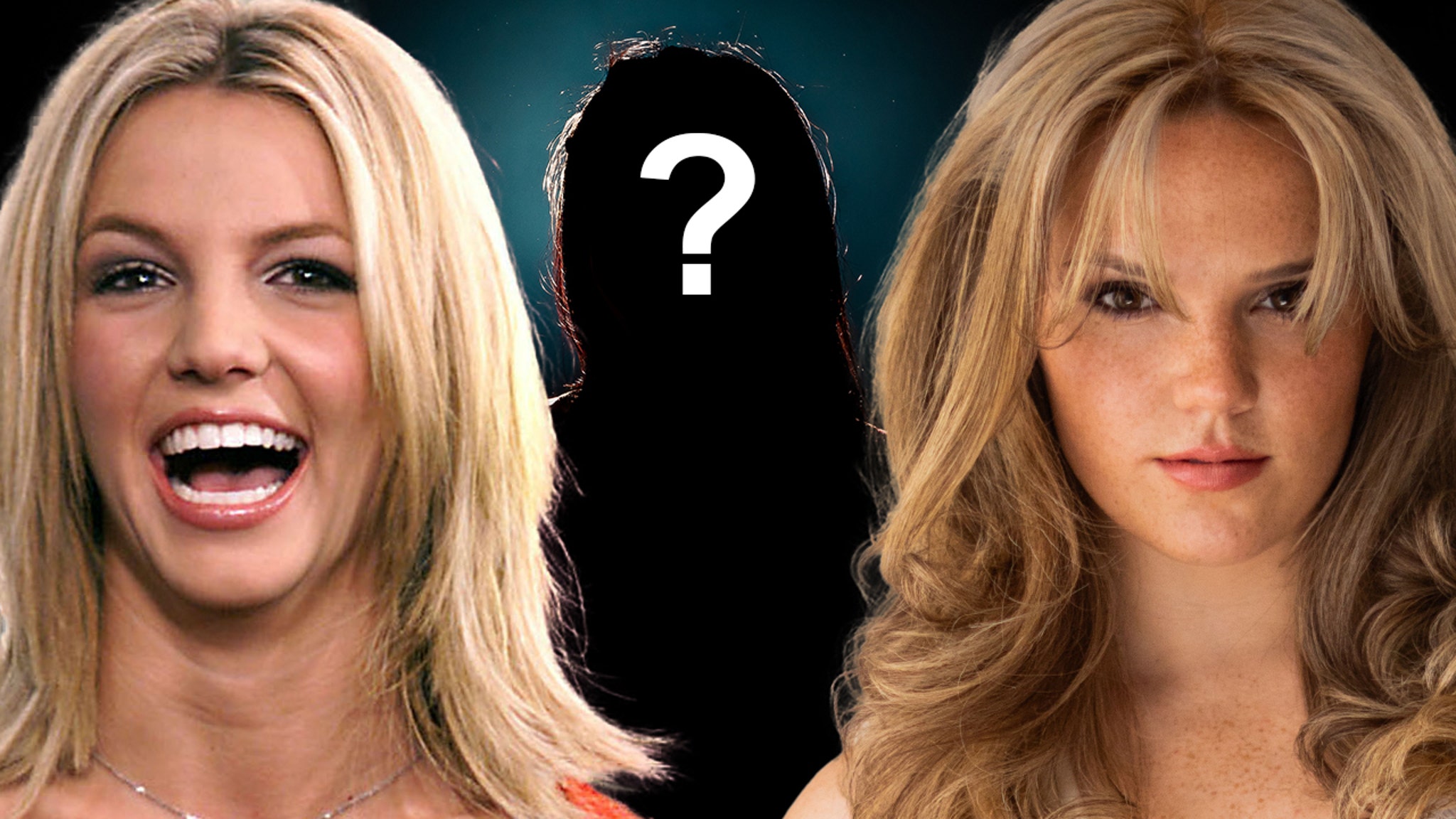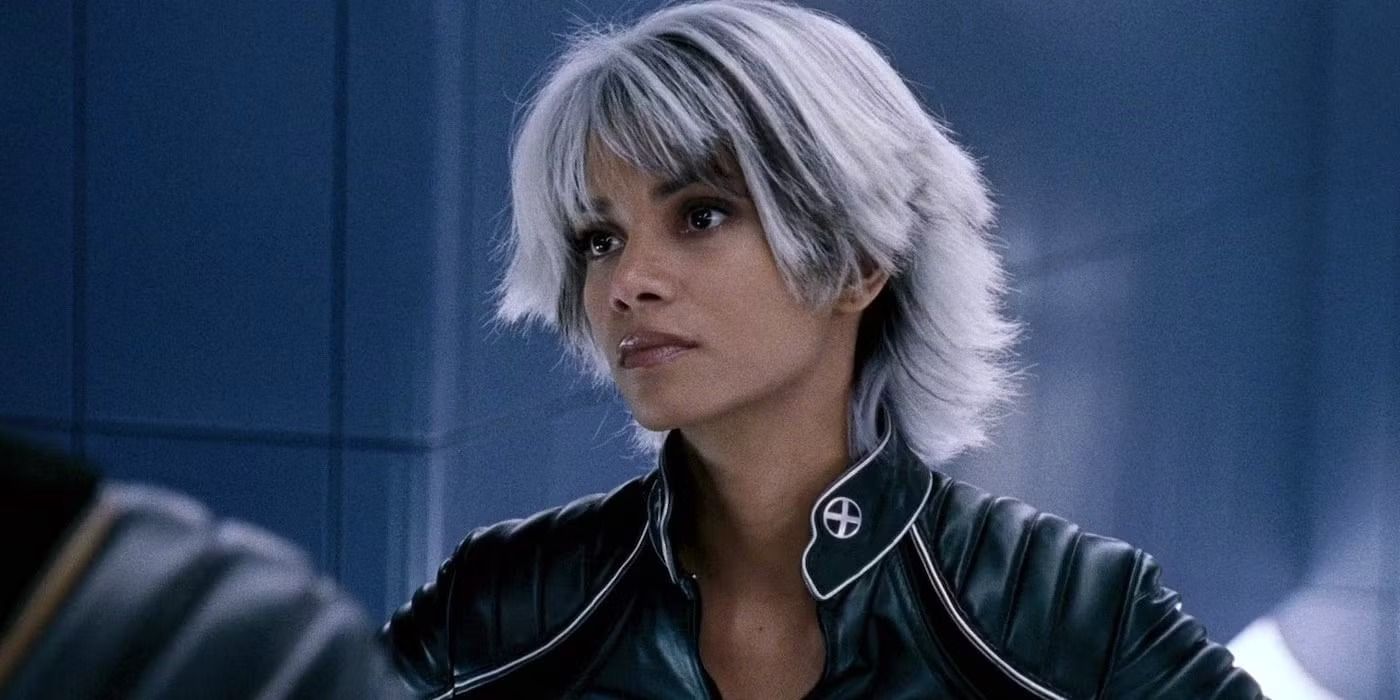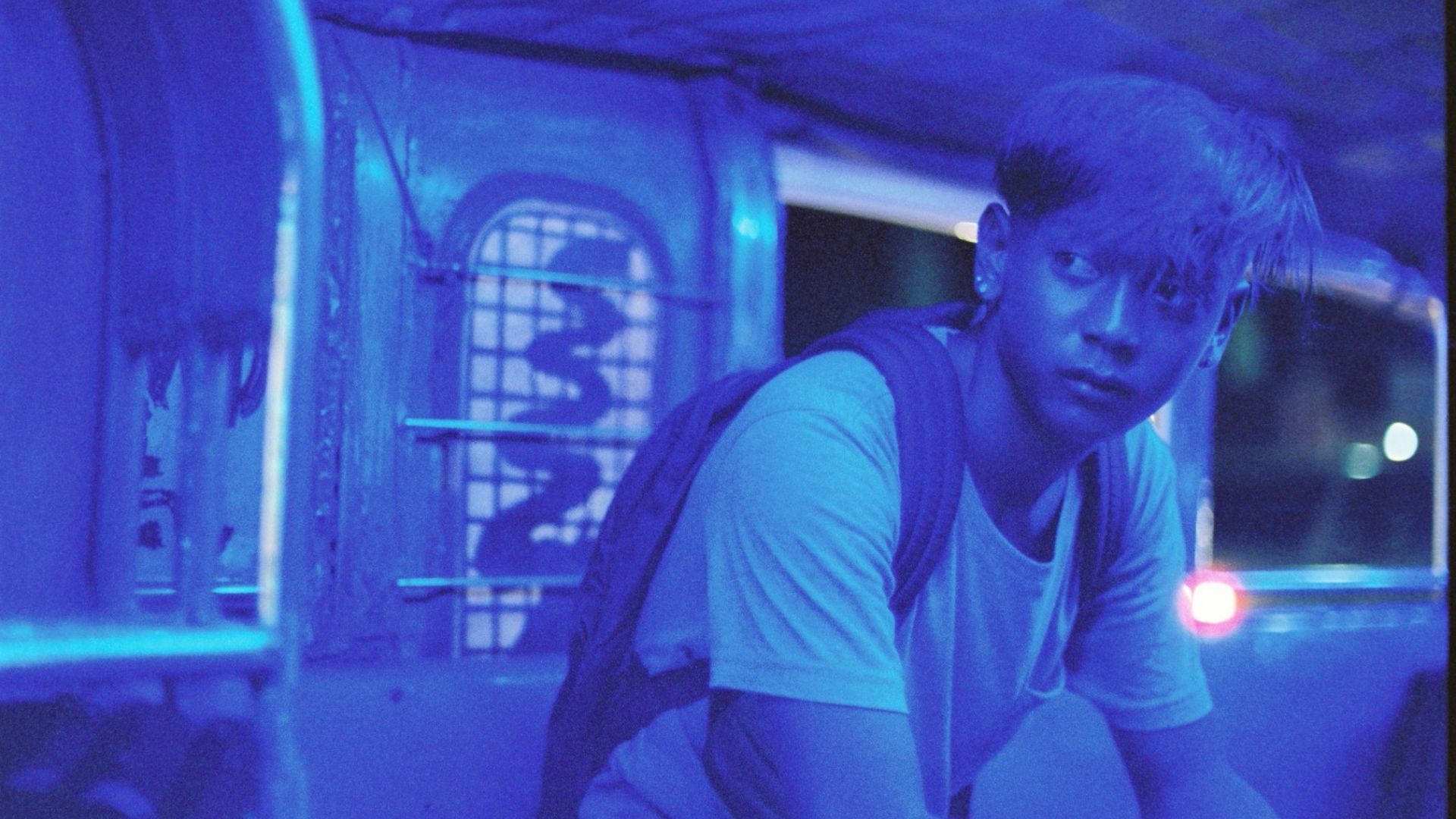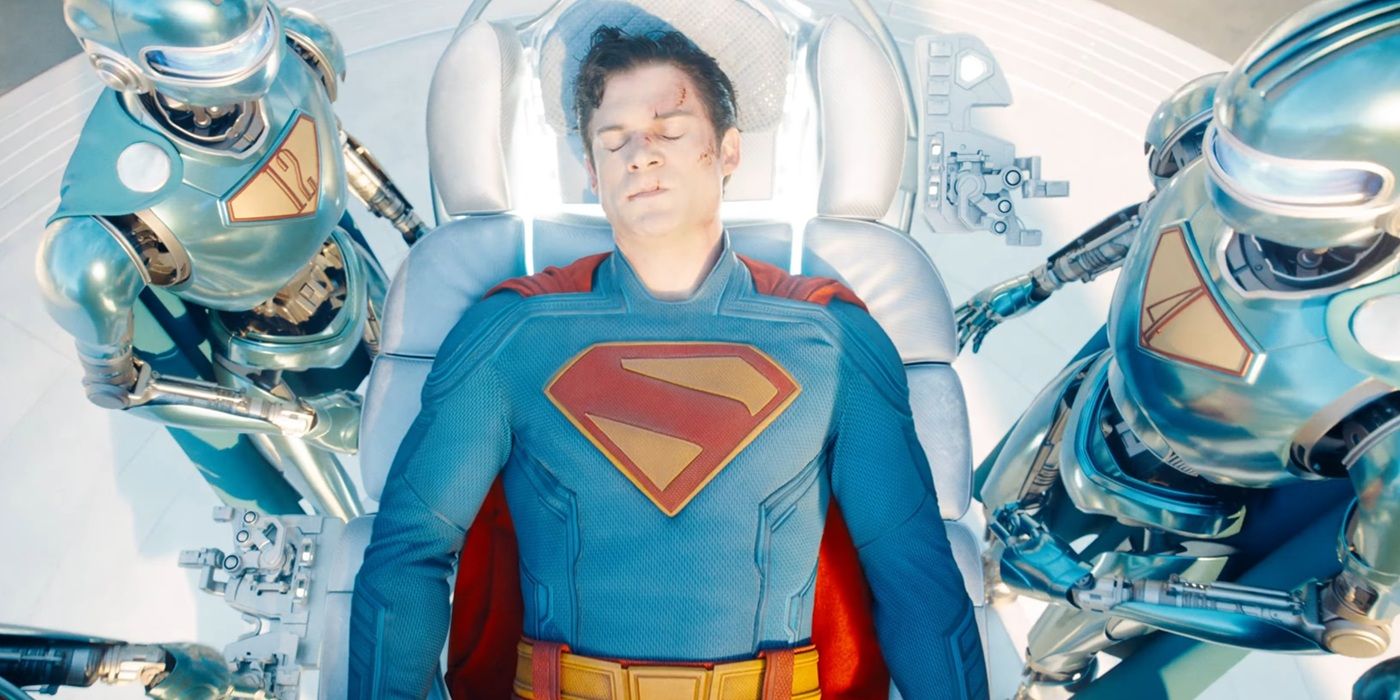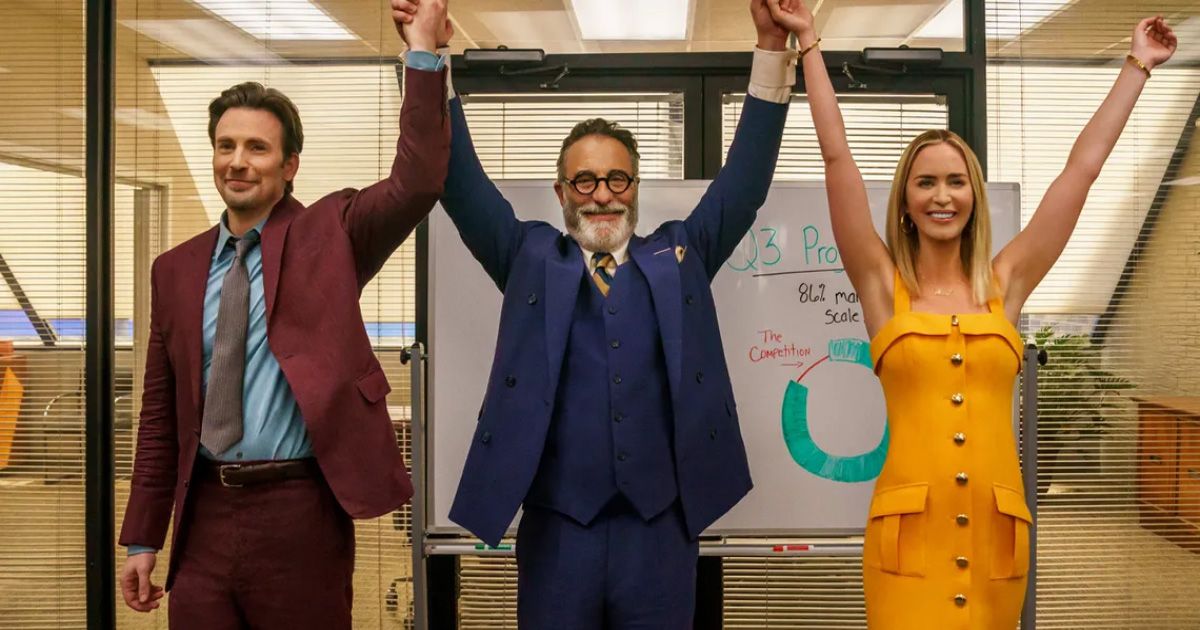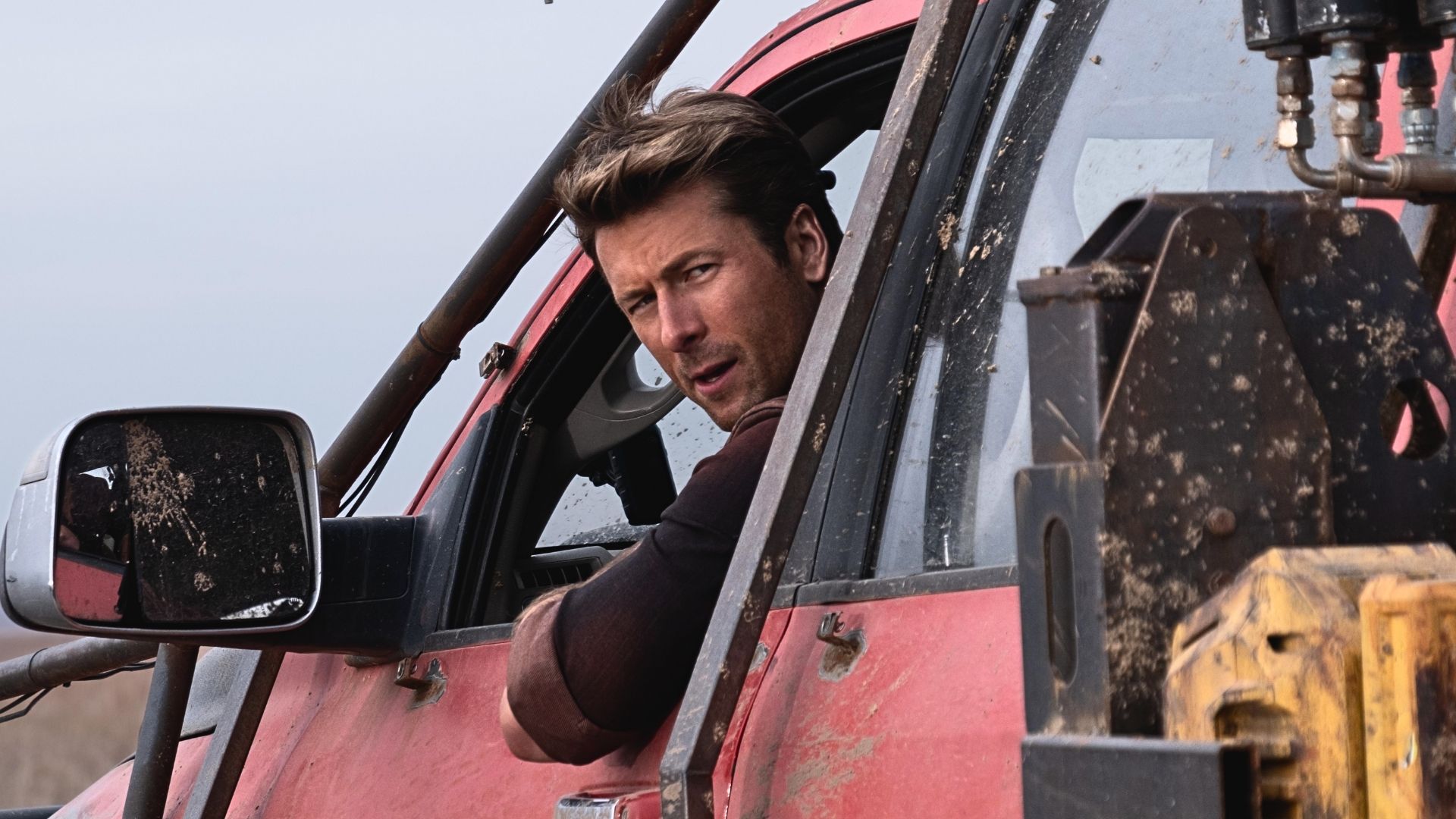He grew up with Shristhi Nath (Raj) Kapoor, of the Kapoor family, known as the “First Family” of Indian Cinema, with whom he later starred in his first hit, “Andaz” (1949).
He dominated Indian cinema through the 1950s with a series of hits—”Daag,” “Amar,” “Devdas,” “Madhumati”—becoming India’s highest paid star. While his films covered numerous genres, he developed such a reputation for tragedies that he was nicknamed the “Tragedy King.”
In 1960, he starred in the greatest of all Indian epics, “Mughal-e-Azam,” chronicling the story of Prince Salim who, while being groomed toward the throne, pursues a taboo romance with the dancer Anarkali. It is said that if corrected for inflation, “Mughal-e-Azam,” remains the most profitable Indian movie ever made.
Bollywood men are known for their roles opposite Bollywood women, though for much of his career we associated Kumar with one woman. In the 1960s, he married the actress Saira Banu. The daughter of actress Naseem Banu, she entered cinema as a teenager, as a fan of Kumar. There were numerous attempts to pair her on screen with Kumar that he kept refusing because of her young age. Later, he speaks of meeting her again in her early 20s (he was in his mid-40s), getting entranced by her beauty. Soon, they married. Because their first attempt at having children failed, they chose not to try again. The two remained together for the next half-century.
As a new generation of stars packed auditoriums in the 1970s, including Amitabh Bachchan, Shashi Kapoor, and Rishi Kapoor, Kumar’s popularity began to wane. The younger audiences remained interested in forbidden romances, musical numbers, and melodrama, but consumed fisticuffs-as-tools-of-resolution. Now, actors provided gravitas through their ability to injure, rather than their ability to remain still.
Nevertheless, these two generations of film stars and their respective audiences often converged, allowing Kumar a return to the spotlight. He shared the screen in various films with such young stars as Bachchan (“Shakti”), Anil Kapoor (“Mashaal”), and Sanjay Dutt (“Vidhaata”).
You can view the original article HERE.

